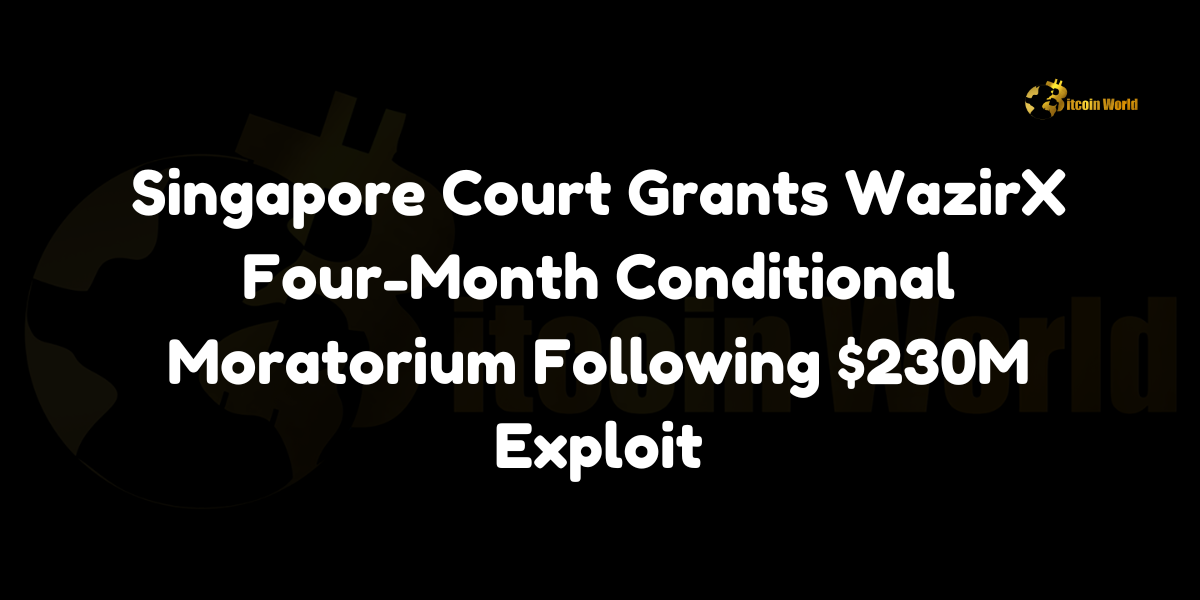Singapore has unveiled its updated National AI Strategy (NAIS) 2.0, with a bold vision to significantly expand its artificial intelligence (AI) capabilities, talent pool, and innovation ecosystem.
The government’s plan, launched on December 4, outlines a series of strategic initiatives aimed at fostering the growth of AI in the country over the next three to five years. With a focus on talent development, industry collaboration, and international partnerships, Singapore is positioning itself as a global leader in the field of AI.
Tripling AI practitioners and creating an AI hub
One of the central goals of NAIS 2.0 is to more than triple the number of AI practitioners in Singapore to 15,000 within the next few years. To achieve this, the government is redesigning and expanding the AI Apprenticeship Programme, which has already graduated 300 Singaporeans as of September. Additionally, Singapore will collaborate with industry AI product development teams to provide company attachments, further enhancing the skills of AI professionals.
A key component of the strategy is the creation of a dedicated site, yet to be announced, that will serve as an AI hub, bringing together creators and users of AI technologies. This hub will facilitate knowledge sharing and collaboration among AI experts, fostering an environment conducive to innovation.
To accelerate AI adoption, Singapore plans to intensify efforts to promote AI implementation across all types of enterprises. Targeted AI training programs will be developed to upskill the workforce, utilizing Industry Transformation Maps and Jobs Transformation Maps to align with specific industry needs. These programs aim to empower businesses to harness AI effectively.
Global AI talent attraction and retention
Recognizing the importance of global AI talent, Singapore is committed to attracting world-class AI creators and anchoring them within the local ecosystem. A dedicated team will be established for this purpose, helping the country access top AI talent from around the world. This global collaboration will enrich Singapore’s AI landscape and contribute to its innovation and growth.
Deputy Prime Minister Lawrence Wong emphasized that AI is entering uncharted territory, with the potential to develop AI systems with advanced cognitive abilities, self-awareness, and independent decision-making. He noted that this will fundamentally reshape society and necessitate responsible development and deployment. Singapore’s updated strategy aims to ensure that the country stays at the forefront of AI advancements while addressing the ethical and societal implications of these innovations.
Singapore acknowledges the risks and challenges associated with AI, such as deepfakes, cyberattacks, and misinformation. While there is a temptation to impose strict regulations, the government aims to strike a balance between encouraging innovation and implementing necessary safeguards. Regular reviews and adjustments of AI governance frameworks will be conducted to ensure the responsible development and use of AI technologies.
To prepare its workforce for the evolving AI landscape, Singapore plans to invest significantly in adult education and training. This initiative aims to reskill and upskill workers, ensuring they can effectively harness AI technologies. These efforts will contribute to the development of a thriving AI industry in Singapore.
Strengthening data infrastructure and privacy
Singapore will increase the availability of high-performance computing power and data access while ensuring a sustainable approach through carbon budget allocation for data centers. Moreover, the country will selectively unlock public sector data for AI development and establish privacy-enhancing technologies to facilitate safe and trusted data sharing.
While Singapore recognizes the need for global governance in AI, it acknowledges the challenges posed by the current geopolitical environment. The government remains committed to working with international partners to set “rules of the road” for AI, promote research collaborations, and support multilateral platforms.





